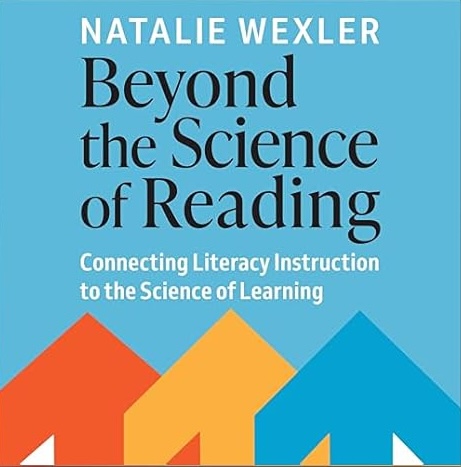
Most of us — and most of our students — need more sleep.
One reason we’re short on z’s: even once we get in bed, the stresses of the day keep us anxiously awake.
We could get more sleep if we could de-stress, and fall asleep faster.
But: how would we do that?
So Crazy, It Just Might Work
We’ve written before about “dumping” as a strategy to reduce stress before exams.
Could a similar strategy work before we go to bed?
Michael Scullin and colleagues hypothesized that students might stress about upcoming tasks. If so, they might feel less stress if they could somehow get a handle on those tasks.
Perhaps, to get that handle, students could make a to-do list of upcoming responsibilities.
To test his hypothesis, Scullin worked with adults (18-30) right before bed. Half of them wrote specific lists of their accomplishments during the day. The other half wrote specific lists of impending to-dos.
So, What Happened?
Of course, it’s possible this technique might backfire. If I write down tomorrow’s responsibilities, then I might ramp up my stress level as I worry about getting them done.
In this case, however, that’s not what happened.
On average, students who wrote to-do lists fell asleep ten minutes faster than those who cataloged their accomplishments.
(These results conceptually mirror those pre-exam stress studies, which show that “dumping” before an exam increases exam performance.)
I particularly like Scullin’s technique, because it’s so gosh-darn practical. Simply put, students can do this. It took only five minutes. And, it helped!
Because this is the first study looking at this technique, we don’t know about boundary conditions. I myself assume that, at some age, children are too young to be kept awake by their mental list of tomorrow’s responsibilities. If that’s true, perhaps some alternate form of writing might help.
Until we know about those boundary conditions, we should use our best judgment in recommending this strategy to students and parents.
h/t to Christine Martin for pointing out this study to me.






